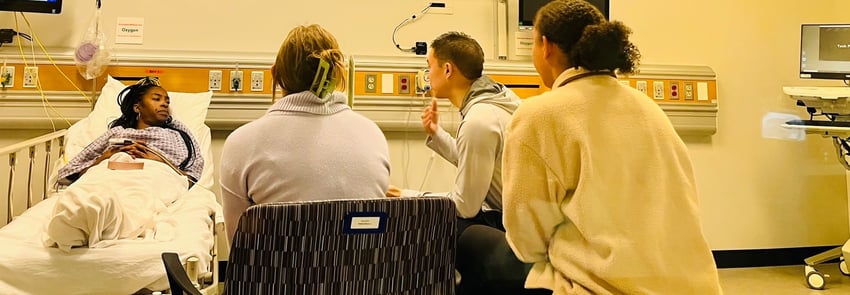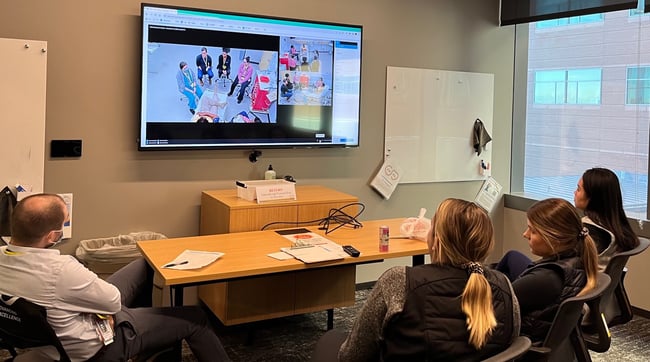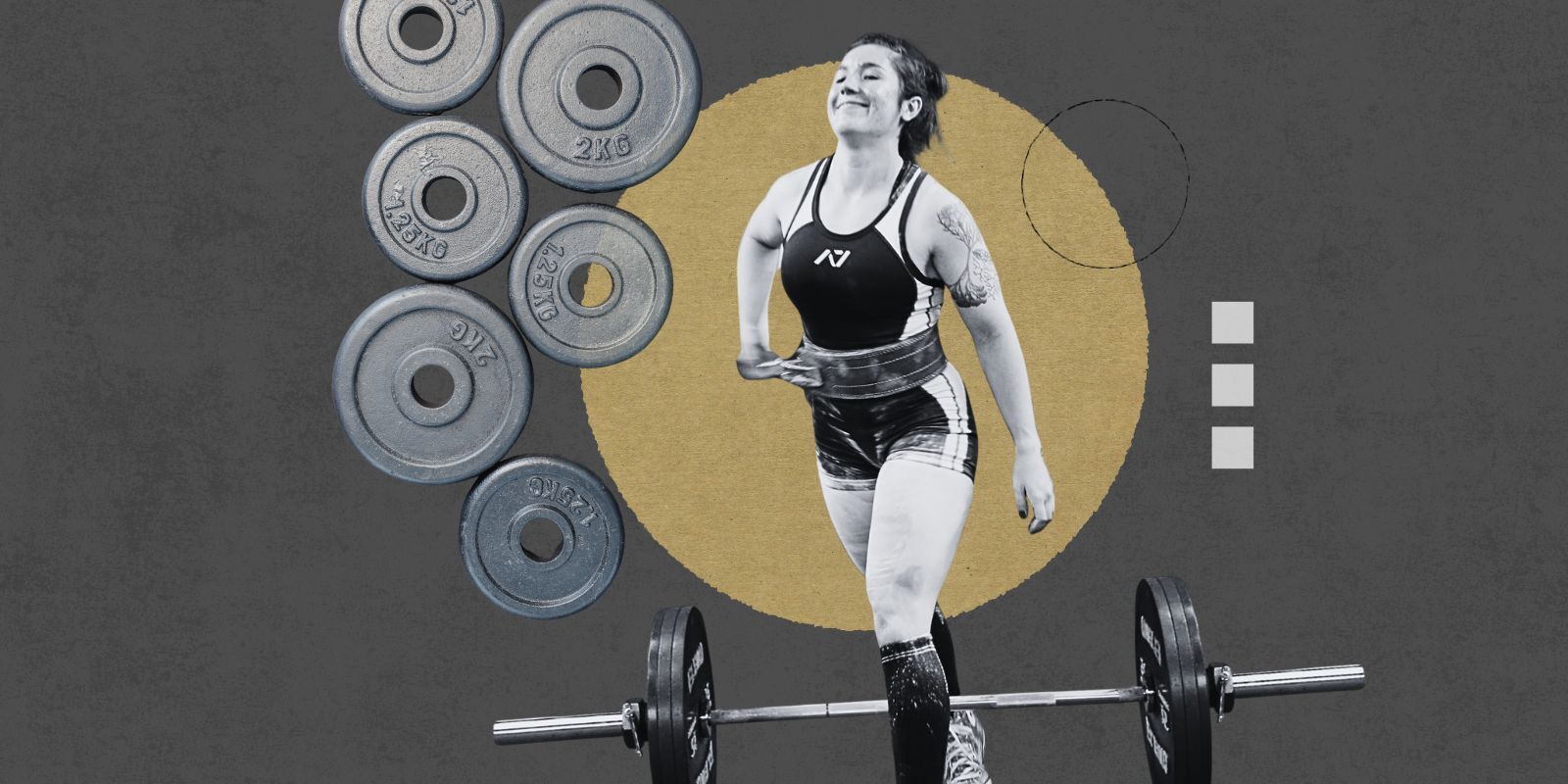Last Friday was a valuable learning opportunity for some students and residents in the University of Colorado School of Medicine and other schools on the CU Anschutz Medical Campus.
In one exam room, the budding health care professionals encountered a cisgender white female who made racist comments to a Black nurse. In another exam room, the learners had to call on the services of an interpreter when evaluating the case of Julia Gonzalez, a Latinx female with limited English proficiency and other socioeconomic barriers to care.
It was a day full of learning for the residents and students that will prepare them for situations that may arise throughout their career. Friday’s session was one of two simulation-based trainings offered this fall by the Center for Advancing Professional Excellence (CAPE) in the CU School of Medicine to give interprofessional learners on the CU Anschutz Medical Campus a safe environment in which to identify and address biases and stereotypes when providing care for marginalized patients who experience more significant health inequities.

CU Anschutz learners talk to a patient as part of a simulation training.
Learning in action
Teams made up of learners from different schools took part in two to four different 15-minute case scenarios. They were given some information about the patient beforehand, but they had to elicit most of the patient’s history after entering the room. The case scenarios ranged from historical harm-induced mistrust of providers to blatant racist ideologies being inflicted by and on the standardized patients — paid actors who played the part of the patients during the simulations and gave the learners feedback after the scenario was over.
“We know that marginalized patients and communities face higher rates of health inequities. We also know that bias, stereotypes, and discrimination contribute to these inequities,” says Julie Venci, MD, associate professor of medicine and director of the Med-Peds Residency Program, who co-created the simulation experience. “This project aims to give interprofessional learners a safe space to practice and improve communication skills to build trust with patients and mitigate potential biases.”
“We teach people how to respond to microaggressions, but it might be in a lecture hall, and we just talk about it,” says Jacqueline Ward-Gaines, MD, assistant professor of emergency medicine, who collaborated with Venci. “Now the learners must do it and mix it in with health care. We have a patient here who’s sick and needs to be taken care of, and they have to do that while trying to build trust with a patient who doesn’t want to be here and feels like he hasn’t been treated well by our health care providers. They’ve got to practice these skills while caring for the patient.”
‘There are people who care’
William Mundo, MD, a second-year resident and an ER physician at Denver Health, was one of the residents who went through Friday’s training. As the son of Mexican immigrants and the first in his family to go to college, he says he was gratified to see such a large community of learners spending their afternoon learning more about how to address diversity, equity, and inclusion in the health care space.
“It shows me that there are people who care and are willing to do the work to provide a more equitable and just health care environment,” says Mundo, a graduate of the CU School of Medicine. “It’s really empowering, and as I go back to Denver Health and work with patients like these, I want to help my colleagues elevate their voices and encourage them to use these types of communication techniques.”
Another participant in Friday’s session was Carla Cruz, a student in the Physician Assistant Program. Like the other participants, she went through an online training in DEI issues prior to the simulation, but she says it was far more valuable to be face-to-face with real patients who gave the learners honest feedback after each session.
“We had one case specifically with gender dysphoria, and it was really helpful for us to learn the importance of asking about pronouns right when you walk in the room,” she says. “It really helps bring to mind different things to have a discussion about with the patient.”

Learners were able to watch their peers in real time as part of the training,
Grants for inclusive training
Venci was awarded a $20,000 Building Trust through Diversity, Health Care Equity, and Inclusion in Internal Medicine grant from the Alliance for Academic Internal Medicine, the American Board of Internal Medicine (ABIM), the ABIM Foundation, the American College of Physicians, and the Josiah Macy Jr. Foundation to fund the simulation project. The national award is part of a $400,000, multi-institution grant split among 24 projects aimed at incorporating diversity, equity, and inclusion into internal medicine education and training.
Additional funding for the project came from a CU system President’s DEI Grant, as well as a grant from the CU Anschutz Department of Medicine.
“I was able to use the additional funding to compensate for community members’ time and feedback,” Venci says. “Including community members in this work is an essential component of this project. I also want to recognize Christy Angerhofer and the Office of Diversity, Equity, Inclusion, and Community Engagement. Christy was instrumental in helping me recruit community members and facilitators and develop materials. We are so grateful to everyone who participated and contributed to this project. It was a huge lift, but we are proud of how it turned out.”



